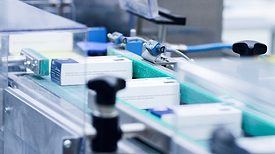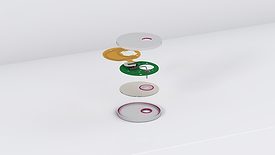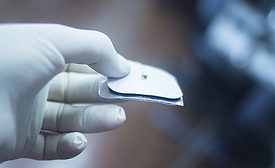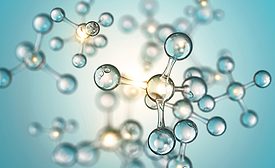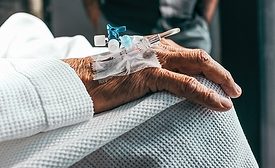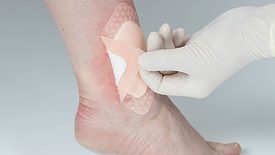Home » adhesives in medical/dental
Articles Tagged with ''adhesives in medical/dental''
Researchers at UC Berkeley Develop Recyclable Adhesives
New recyclable adhesives can be easily adapted for medical, consumer, and industrial applications. Uses include surgical superglue that could be a game-changer for fetal surgeries.
December 18, 2024
Skin-Friendly and Silicone-Free Medical Adhesives
In medical applications involving delicate skin or wound care, the quality of an adhesive plaster or tape takes on particular importance.
December 16, 2024
Keep the info flowing with our eNewsletters!
Get the latest industry updates tailored your way.
JOIN TODAY!Copyright ©2025. All Rights Reserved BNP Media.
Design, CMS, Hosting & Web Development :: ePublishing
